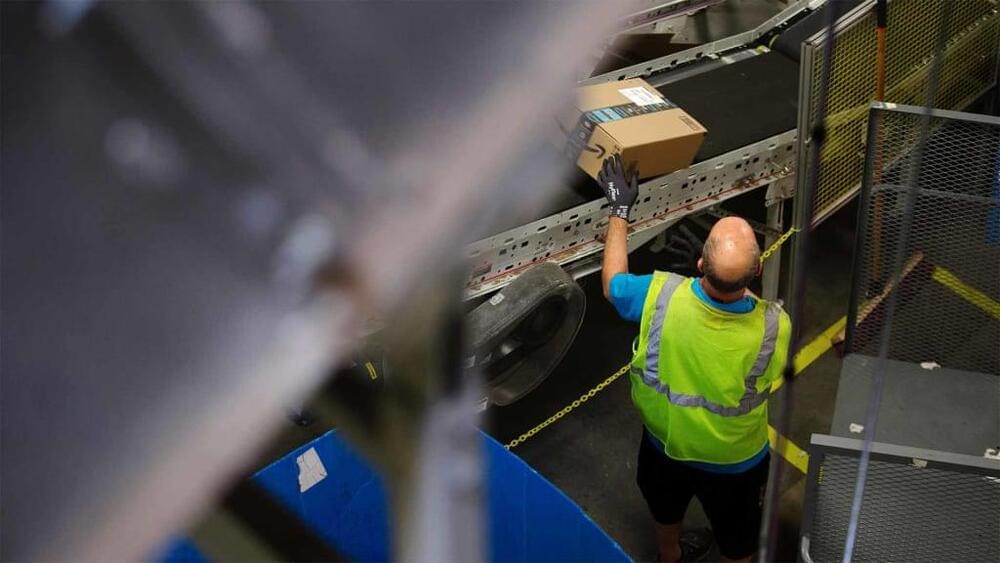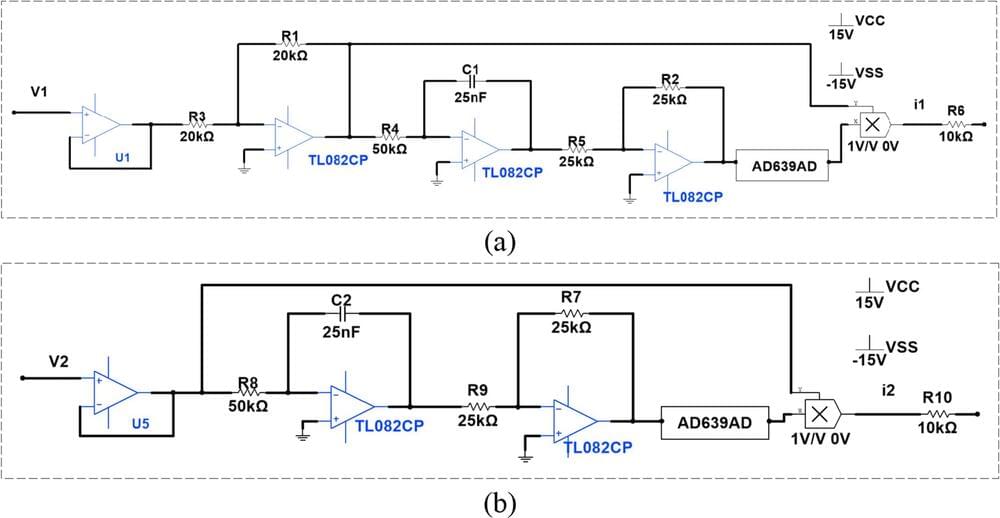The company will allow sellers to ship directly to customers from China in an effort to compete with Shein and Temu.


Researchers have described some of the best-preserved three-dimensional trilobite fossils ever discovered. The fossils, which are more than 500 million years old, were collected in the High Atlas of Morocco and are being referred to by scientists as “Pompeii” trilobites due to their remarkable preservation in ash.
The paper, “Rapid volcanic ash entombment reveals the 3D anatomy of Cambrian trilobites,” was published in the journal, Science.
The trilobites, from the Cambrian period, have been the subject of research by an international team of scientists, led by Prof Abderrazak El Albani, a geologist based at University of Poitiers and originally from Morocco. The team included Dr. Greg Edgecombe, a paleontologist at the Natural History Museum.
The commercialized approach of medicating children with ADHD to conform to societal expectations is problematic, and a holistic approach that addresses family stress and meets a child’s needs is more beneficial.
Questions to inspire discussion.
What is ADHD?
—ADHD is a condition characterized by difficulty paying attention, poor impulse control, and hyperactivity.

Can one have a phenomenal experience to which one does not have access? That is, can you experience something without knowing? The dissociation between phenomenal ℗ and access (A) consciousness is widely debated. A major challenge to the supporters of this dissociation is the apparent inability to experimentally demonstrate that P-without-A consciousness exists; once participants report having a P-experience, they already have access to it. Thus, all previous empirical support for this dissociation is indirect. Here, using a novel paradigm, we create a situation where participants (Experiment 1, N = 40) lack online access to the stimulus yet are nevertheless able to retrospectively form judgements on its phenomenal, qualitative aspects. We further show that their performance cannot be fully explained by unconscious processing or by a response to stimulus offset (Experiment 2, N = 40). This suggests that P and A consciousness are not only conceptually distinct, but might also be teased apart empirically. STATEMENT OF RELEVANCE: A critical question in the scientific quest towards solving the problem of consciousness focuses on the ability to isolate conscious experiences at their purity, without any accompanying cognitive processes. This challenge has been augmented by a highly influential — yet controversial — dissociation suggested by the philosopher Ned Block between Phenomenal consciousness, or the “what it is like” to have an experience, and Access consciousness, indexing the ability to report that one has that experience. Critically, these two types of consciousness most typically go together, making it highly difficult — if not impossible — to isolate Phenomenal consciousness. Our work shows that the dissociation between phenomenal and access consciousness is not merely conceptual, but can also be empirically demonstrated. It further opens the gate to future studies pinpointing the neural correlates of the two types of consciousness.
Keywords: Access consciousness; Cognition; Consciousness; Phenomenal consciousness; Qualia; Unconscious processing.
Copyright © 2023 The Authors. Published by Elsevier B.V. All rights reserved.

A fine of more than $20 billion could be waiting for the tech giant.

An international joint research team led by the Photonic Network Laboratory of Japan’s National Institute of Information and Communications Technology (NICT) has demonstrated a record-breaking aggregate optical transmission bandwidth of 37.6 THz to enable a new data-rate record of 402 terabits per second in a standard commercially available optical fiber.
This record was achieved by constructing the first optical transmission system covering all the transmission bands (OESCLU) of the low-loss window of standard optical fibers. The system combined various amplification technologies, some developed for this demonstration, including six kinds of doped fiber optical amplifiers and both discrete and distributed Raman amplification.
Novel optical gain equalizers also allowed access to new wavelength bands that are not yet utilized in deployed systems. The newly developed technology is expected to make a significant contribution to expanding the communication capacity of the optical communication infrastructure as future data services rapidly increase demand.

Japan has found metal deposits useful for EVs.
Researchers probe seabed remotely:
Manganese, cobalt, and nickel are important constituents of lithium-ion batteries, and therefore are considered essential for advancing EV production.
The researchers estimate that the deposits, which are spread across an area of around 10,000 square meters, roughly contain approximately 610,000 tonnes of cobalt and 740,000 tonnes of nickel.
The site of the mineral discovery around Minami-Torishima island in Japan had been under observation since 2016. However, a detailed survey of the site started in April last year and continued till early June 2024.
Join us on Patreon! https://www.patreon.com/MichaelLustgartenPhDDiscount Links: NAD+ Quantification: https://www.jinfiniti.com/intracellular-nad-test/Use Cod…

This paper proposes a new four-dimensional chaotic system that consists of two active magnetically controlled memristors. The dynamic characteristics of the system, including equilibrium points, Lyapunov exponent spectrum, bifurcation diagram, double-parameter Lyapunov exponent, and attractor basin, are analyzed. The results indicate that the Lyapunov exponents of the system undergo abrupt changes. The bifurcation diagrams reveal the occurrence of sudden cusp bifurcations, and the diverse manifestations of two-parameter Lyapunov exponents under different parameter combinations further underscore the system’s complexity and variability. This chaotic system also possesses an infinite number of equilibrium points and coexisting attractors, demonstrating multiple stable states.